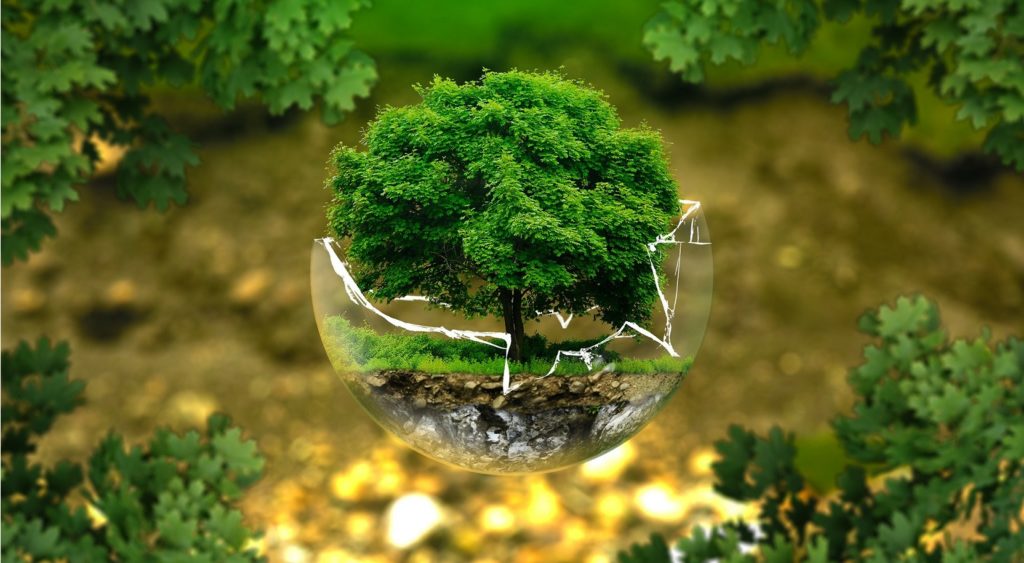Professor Paul Aplin

COVID wasn’t born in a Chinese lab. That’s my view, probably yours too, whatever the latest conspiracy-theorists say. The genetic makeup of COVID-19 is 96% identical to one found in bats, and the COVID outbreak has been pinned down to a wet food market in Wuhan. Wet food markets trade wild animals, often illegally, and increasing contact between wild animals and humans creates the opportunity for a disease to jump species.
This has happened before, and it will happen again. In a recent radio documentary called ‘The Jump’, Chris van Tulleken describes how the HIV virus jumped from primate to human patient zero, when a starving WWI soldier butchered a chimpanzee in Congo, and then traces this event forward to the 1980s global AIDS crisis.
The term ‘illegal wildlife trade’ likely conjures up certain images in your mind, perhaps with elephants, rhinos and tigers looming large, though pangolins are the most illegally traded animal (around 100,000 annually), and more than one billion orchids are traded each year, a large proportion of which is illegal. A recent UN survey estimated the illegal wildlife trade to be worth $23B per year.
No wonder there is increasing contact between humans and wild animals. We don’t need a lab to propagate disease; the environment is doing it for us. And we’re doing it to the environment. Yes, wet food markets pave the way for viruses to jump, but far more significant here is habitat destruction for human development – logging, palm oil production, urbanisation, mining.
By reducing available habitat, wild animals are being pushed into human environments. How did bats come to be in a wet food market in Wuhan? Interestingly, Hollywood may have the answer! Have a look at the YouTube explainer for Matt Damon and Kate Winslet’s ‘Contagion’ blockbuster: . While bulldozers raze the forest, resident bats fly off to find a warm pig-barn to roost in, and when pork dishes are later served up in a Hong Kong restaurant…
COVID is a human disaster, born from human-environment interaction, but what are its effects on the environment? Well, some good news in respect of the illegal wildlife trade, at least initially. In South Africa, rhino poaching fell by a third from 2019 to 2020, largely because of lockdown restrictions and reduction of human mobility. Separately, you might have seen satellite images of vastly reduced air pollution soon after the first severe lockdown, because of massive cuts in road traffic. Clearly there are opportunities here.
This year, the UK hosts COP26, the UN’s major Climate Change event. In the US, major political change means sights are being re-set on the environment, but now in a good way. Globally, the youth climate movement is showing a genuine will to make change. And, COVID is giving us cause to reflect fundamentally on, well, everything: how we do things, can we change, can we make some things better? There exists, right now, a once-in-a-generation opportunity to influence the global environmental agenda – reset societal priorities, rethink individual actions and renew environmental relationships. Any individual can get involved in COP26. Remember the old adage, ‘think global, act local’. But do act.
Paul Aplin is Professor of Geography at Edge Hill University.
He recently gave a lecture on this topic at the Edge Hill Festival of Ideas. This can be viewed here.
